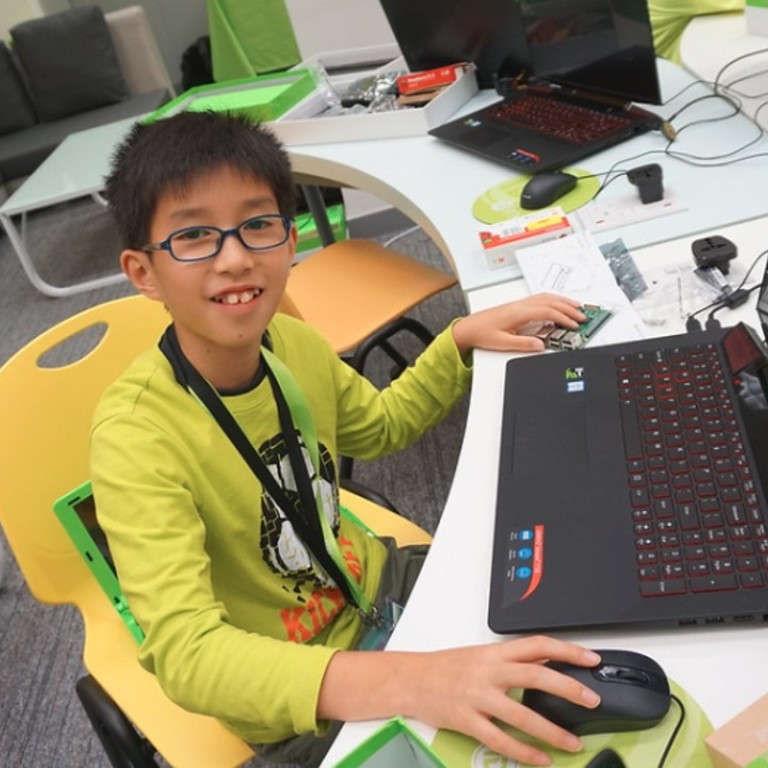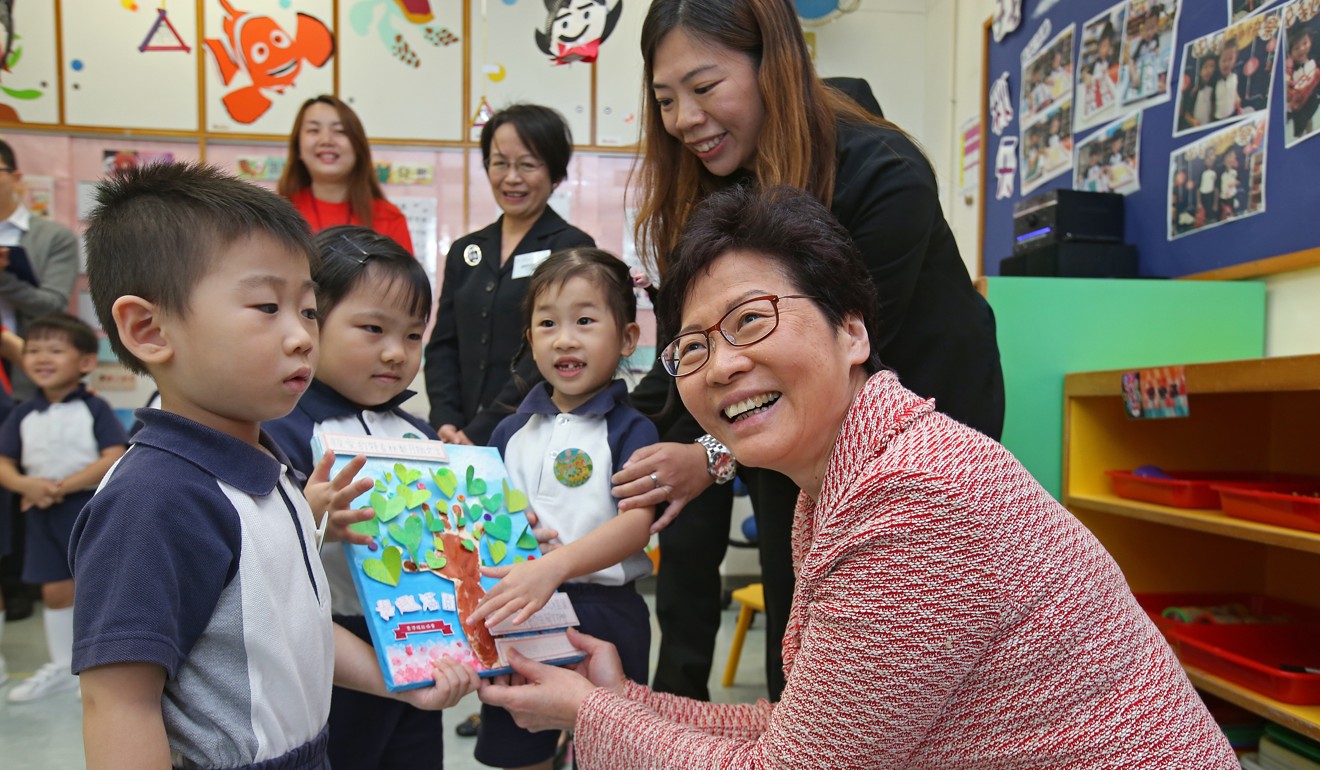
Technology will change society, and we need to change our schools
Kerry Kennedy says the Hong Kong government’s education reforms have not addressed the right problems, focusing on Chinese history and the influence of ‘liberal studies’ when they should think about training students for the technology of the future

How will the extra HK$2 billion for recurrent spending on education help Hong Kong students?
Yet time has moved on while the education system remains static. New challenges have emerged in the light of the fourth industrial revolution but little seems to have happened to enable schools to meet these challenges.
Now is the time for boldness in school reform, not timidity
It is more likely that the somewhat timid approach to reform comes from the current administration’s lack of vision than any strategy by Beijing.
It is important to recognise that this is not the time for timidity: it is time for a vision to confront a complex and demanding future.
Making STEM fun for children is vital for Hong Kong’s future
Such a vision was evident in the reforms launched in 2001. Yet the curriculum continued to be based on very traditional academic subjects and an end-of-school examination that continued to exert heavy pressure on not only what students learned but the way they learned.
What is more, these reforms are now almost two decades old: no amount of tinkering by the chief executive’s task forces will make them suitable for the challenges of the 21st century. This issue has been recognised by other governments in our region.
STEM education key to Hong Kong’s ‘smart city’ plan, but long-term steps must be taken now, experts warn
Some of this needs to be done in an enhanced technical and vocational education system. We cannot continue with a traditional academic curriculum in a world where new skills and new ways of working are needed. Technology is at the centre of the massive changes taking place so that the push for more focus on science, technology, engineering and mathematics (STEM) has to be recognised as central to reform, rather than a diversion from the traditional academic curriculum.
Now is the time for boldness and innovation in school reform, not timidity and political correctness. Learning Chinese history and classics may meet some people’s idea of a “good education”, but this is the 21st century. The key issue is whether Hong Kong students will be equipped to create the future or be engulfed by it. Merely tinkering with the school curriculum is not the answer.
Professor Kerry Kennedy is adviser (academic development) at the Education University of Hong Kong

